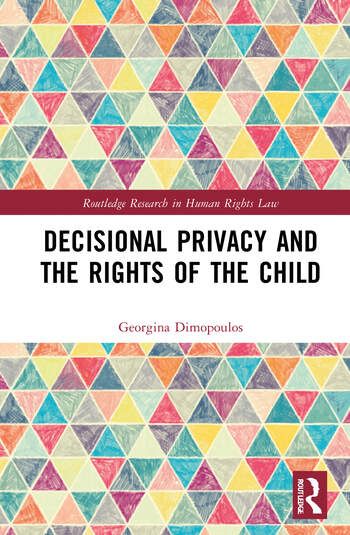
Decisional privacy gives individuals the freedom to act and to make decisions about how they live their lives, without unjustifiable interference from other individuals or the state. This book advances a theory of a child’s right to decisional privacy. It draws on the framework of the United Nations Convention on the Rights of the Child, and extends the work of respected children’s rights scholars, to address a significant gap in understanding the interconnections between privacy, family law and children’s rights. It contextualises the theory through a case study: judicial proceedings concerning medical treatment for children experiencing gender dysphoria.
This work argues that recognising a substantive right to decisional privacy for children requires procedural rights that facilitate children’s meaningful participation in decision-making about their best interests. It also argues that, as courts have increasingly encroached upon decision-making regarding children’s medical treatment, they have denied the decisional privacy rights of transgender and gender diverse children.
This book will benefit researchers, students, judicial officers and practitioners in various jurisdictions worldwide grappling with the tensions between children’s rights, parental responsibilities and state duties in relation to children’s best interests, and with the challenge of better enabling and listening to children’s voices in decision-making processes.